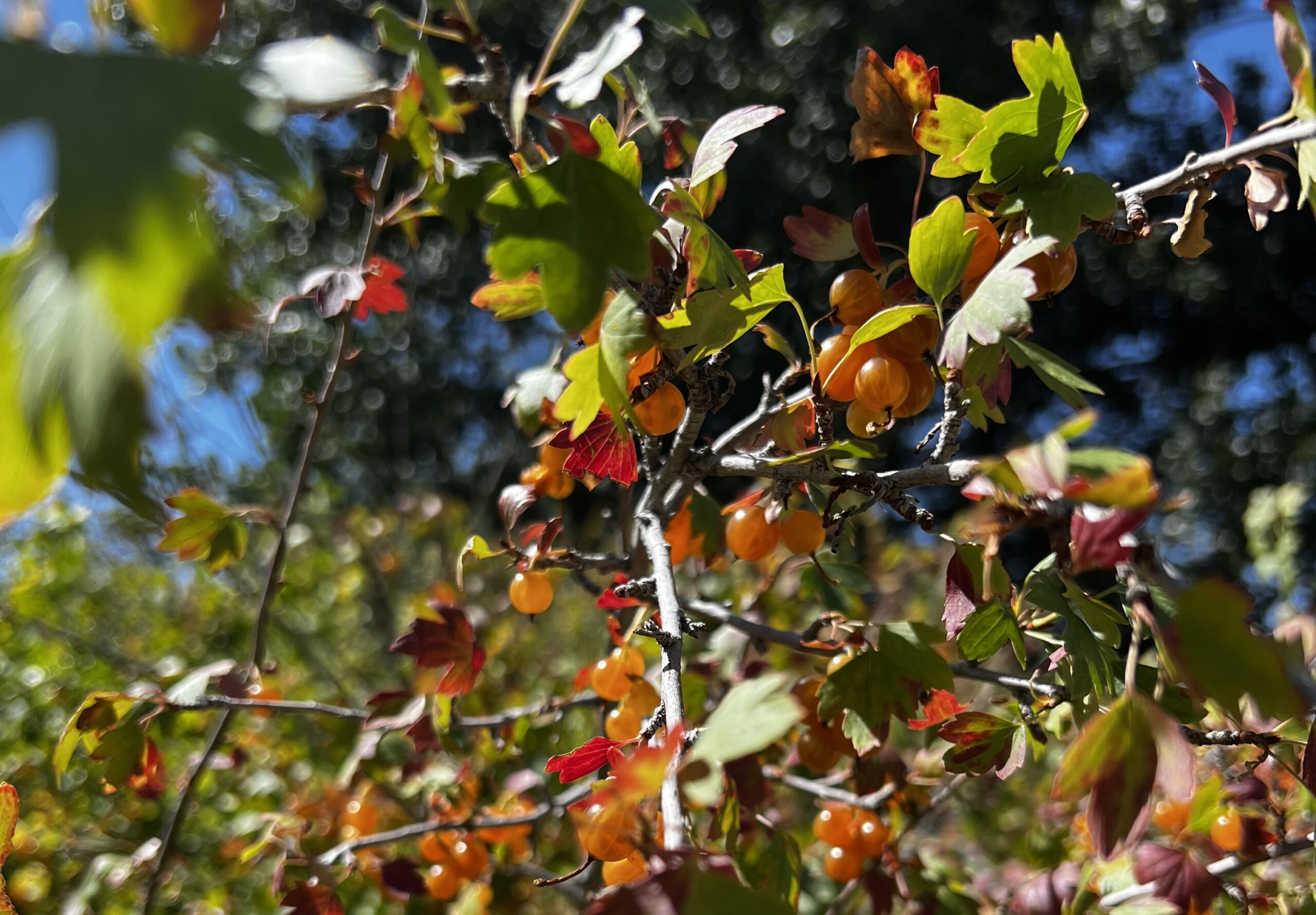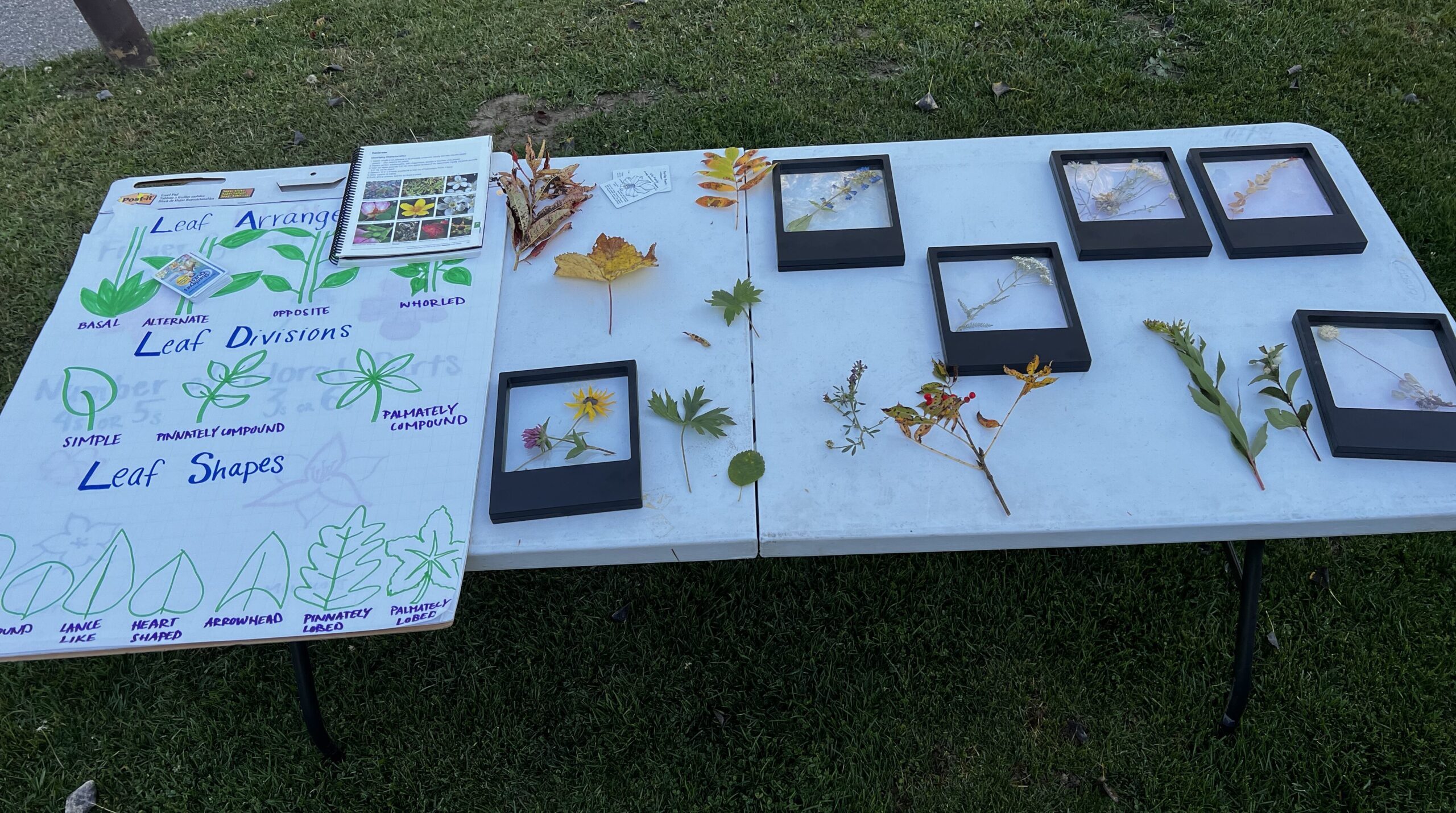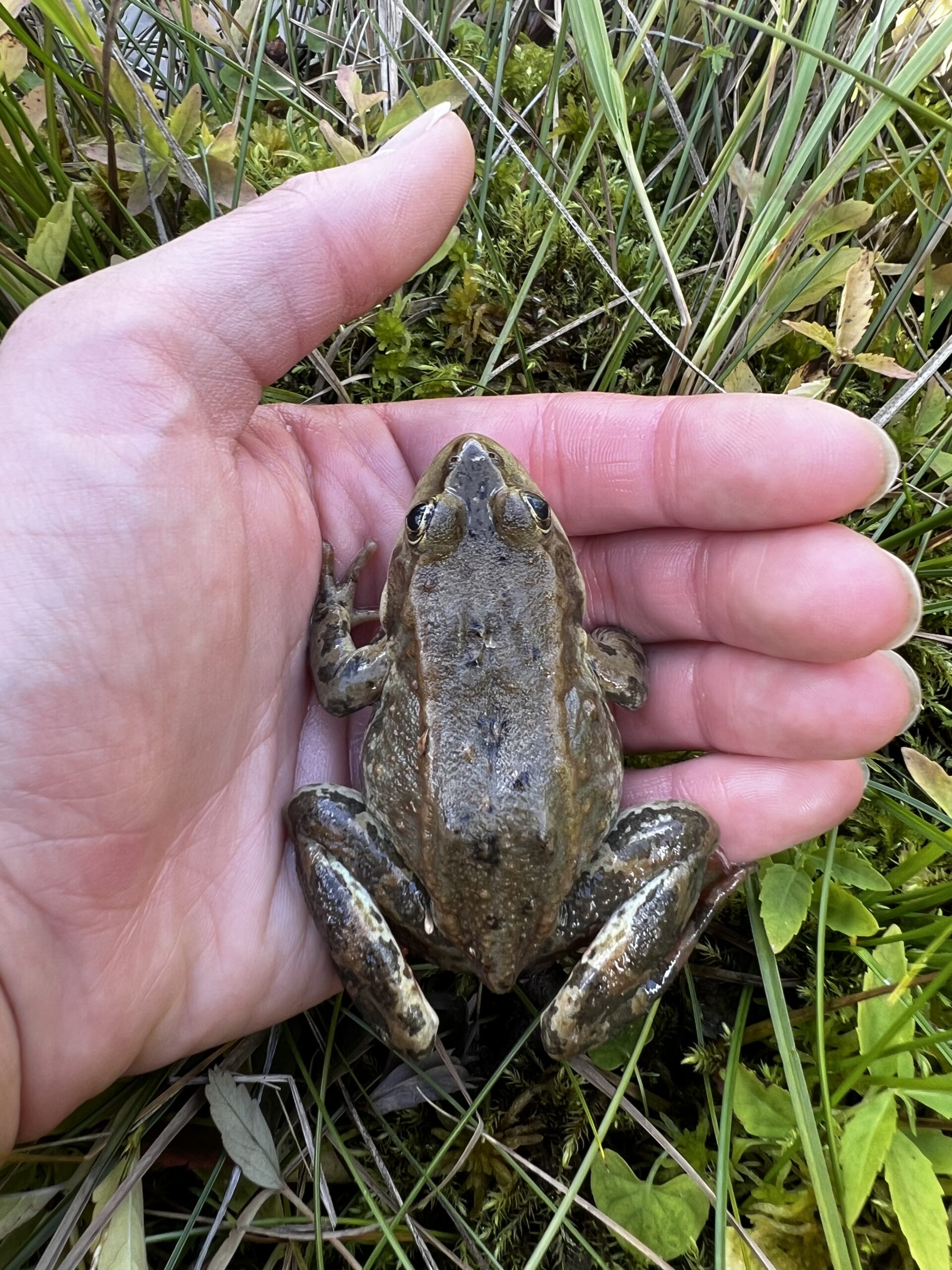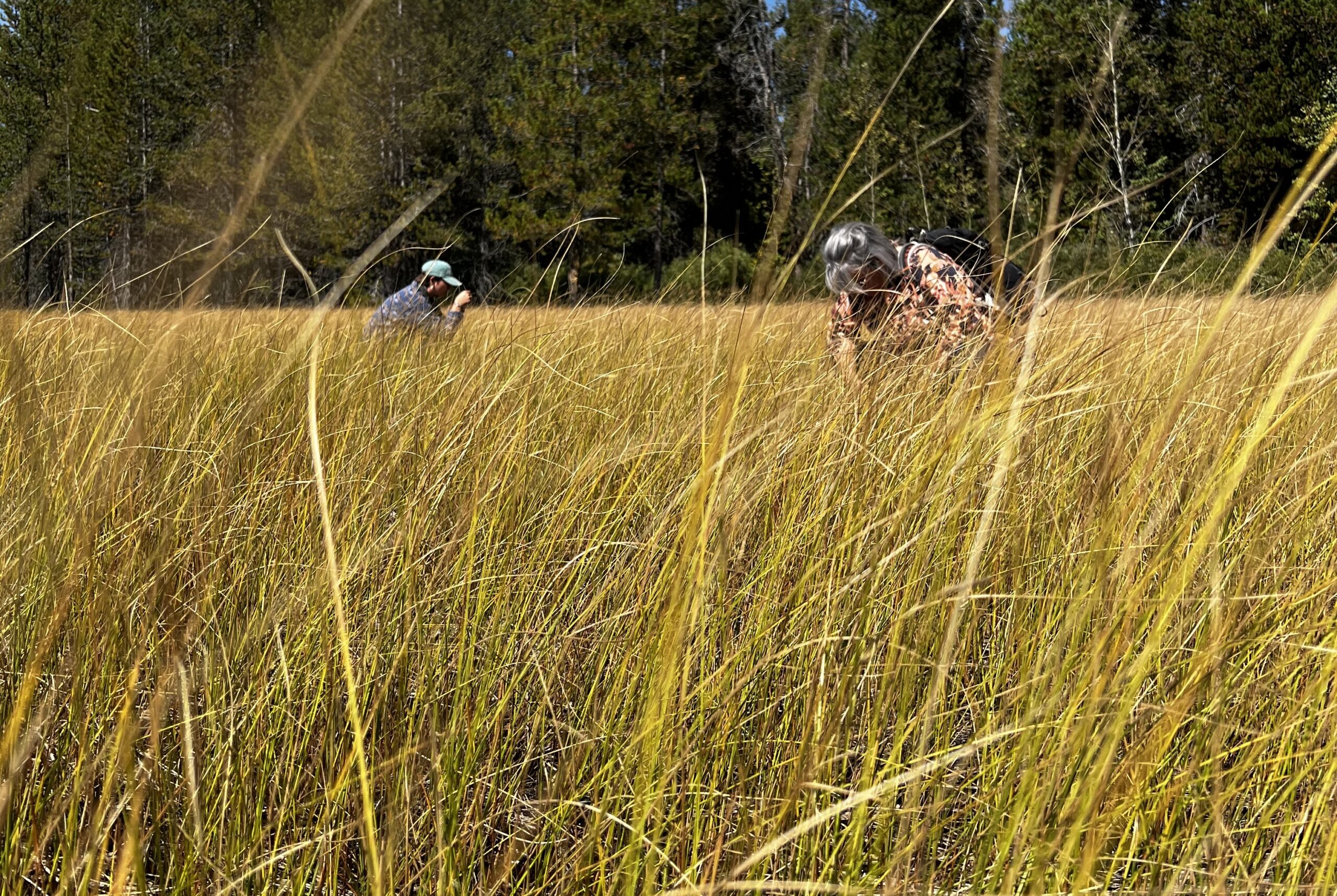
4th graders. It seems that no matter how many times I work with children, I might add that this has not been very many times, I always get nervous. I can’t put my finger on just what it is. The responsibility? The potential chaos? Maybe just the unfamiliarity? This week Alyssa generously signed us up to spend the week educating 4th graders about plants. I know I sure can’t think of a topic a 4th grader might be more interested in.
We decided to go with a practical topic, something they could use on a daily basis, something I have been using on a daily basis since we started this, every time I go for a walk. A few basic classifications of leaves and flowers: leaf arrangement, shape, and divisions, flower symmetry, and counting different floral parts. The words lance-like, whorled, and pinnate have been some of the favorite words. When answering questions a child might be perfectly audible until they get to one of these words. Evidently they are unsure of how to pronounce the word and so they start noncommittally whispering attempts to sound it out.

After practicing with these classifications for a bit we pass out cards that have pictures of flowers from 6 different plant families. Their task is then to sort themselves into families based on similar characteristics. Without any information on how to figure out which family they were in I was very impressed at how well they sorted themselves out. I’ve surprised myself by how invigorated I’ve felt after these days.
Something about learning is invigorating. Watching people learn as well as learning myself.

I too have had the chance to learn a lot lately. This position has given me so many opportunities to grow my field skills, my plant identification skills, my botany knowledge, my networking abilities, my understanding of where I’d like to take my career, and my abilities to successfully use USAjobs….
After a few years of seasonal work I will be taking a possibly permanent hiatus from seasonal to work a permanent position. I have learned from every single seasonal position I’ve had and I am ready to settle into one job for a while. To have the time to learn a single job really well, to continue my growth from a place of stability and familiarity.
Speaking of learning….
I’ve recently started learning a bit about environmental ethics. This is something I was completely unfamiliar with until I saw a book about it in a used book store. I instantly knew just based on the title that it would address so many questions that are floating around in the back of my mind.
The first question of mine it’s been addressing is why do I care about nature, the environment, and so many people around me seem not to, don’t even seem to have a sense of what drives my passion for it. This question hasn’t been answered per se but this book has begun to give me context within which to think about this.

The book uses the phrases environmental metaethical objectivism vs. environmental metaethical subjectivism. The first phrase describes the idea that natural objects are valuable in and of themselves. The second phrase describes the idea that natural objects are valuable only because and if and to the extent that humans desire them. I, in my body, believe the first option and yet when I think about how to communicate the importance of anything in nature or to justify my own love of it I must act as if the second option is what is the correct belief.
I think these ideas are interesting in the context of conservation and land management. What motivates individuals to believe in, work in, vote for conservation? For what reasons and to what end do we manage the land in this country?
Signing off,
AC
